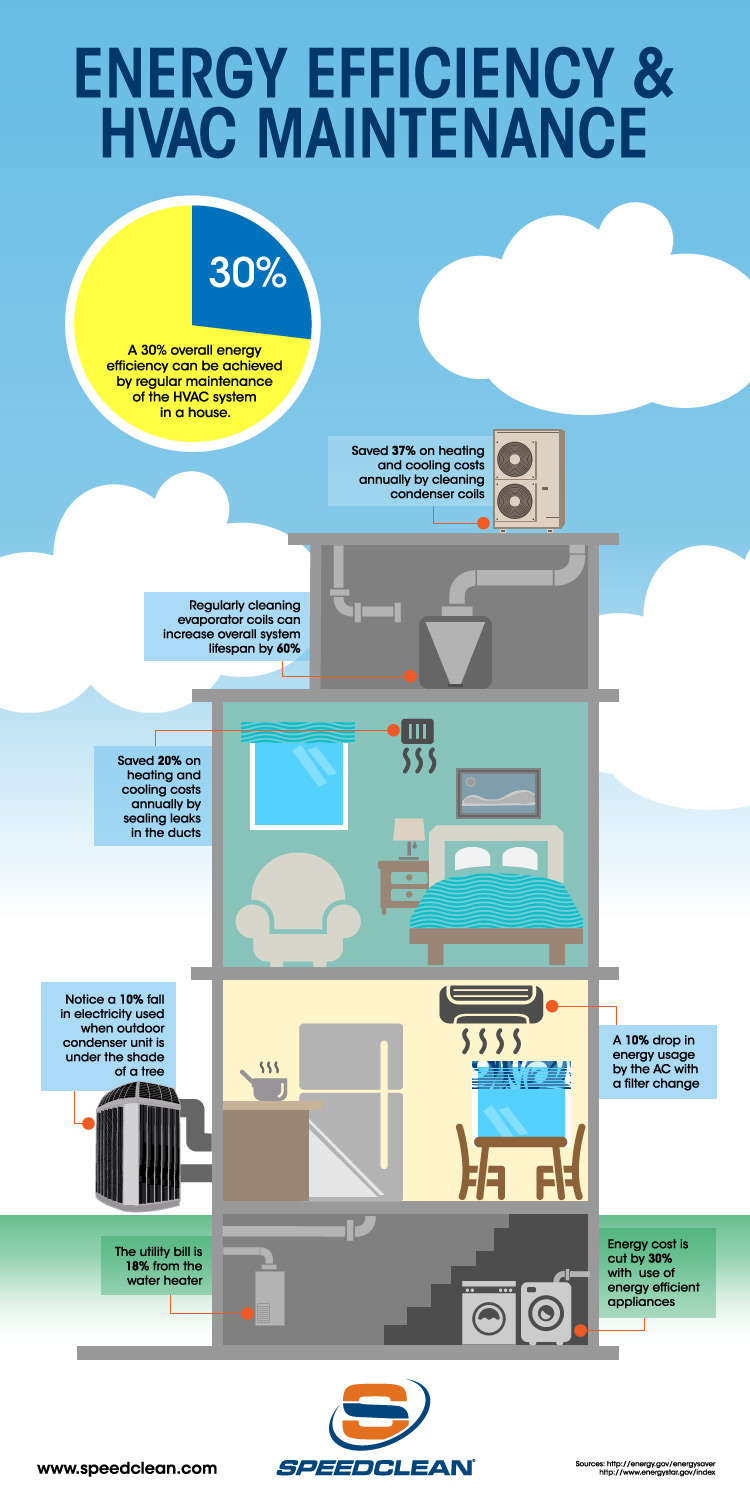Heatpump Vs Heater - Which Is The Better Home Heating Choice For Your Home?
Heatpump Vs Heater - Which Is The Better Home Heating Choice For Your Home?
Blog Article
Material Writer-Ashworth Neumann
Lots of home owners are familiar with furnaces, which warm homes with oil or natural gas and push hot air through ductwork. They are relatively affordable and can offer dependable home heating also during a winter season power blackout.
However, they make use of nonrenewable fuel sources and generate carbon monoxide gas and various other air pollution. They likewise aren't as energy-efficient as a high-efficiency heat pump.
Suggested Resource site , heatpump are more inexpensive to operate than heating systems. They typically utilize power and cooling agent to extract warmth from outside air, and then move it into your home. You can benefit from more affordable electrical power rates throughout off-peak hours to additionally decrease your home heating prices.
Unlike heatpump, gas or wood-burning furnaces utilize combustion to create heat, producing flue gases right into the environment that can be damaging to your health. These heaters are also less energy-efficient than heatpump, and their higher operating expense can build up with time.
Furnaces are much more complicated than heatpump and call for routine upkeep to ensure the appropriate feature of all parts. Despite this, they have a tendency to last longer than heatpump with a regular life expectancy of 20 years or more. However, you'll need to consider the price of gas, gas oil or wood and the additional equipment needed for setup and procedure such as air ducts and ventilation systems.
Energy Effectiveness
Heatpump have a higher power efficiency ranking than heating systems. These systems utilize electricity to scavenge warm from the air, even in freezing temperatures. They can additionally remove excess warmth from the home throughout warmer months and reuse it to cool the system. Service provider specialists can assist you identify the very best design for your home on environment and source energy costs.
Heating systems shed fuel oil, gas, gas or other types of nonrenewable fuel source to heat the air in the home. This air is after that dispersed through ductwork utilizing a huge fan. Furnaces produce greenhouse gases and need routine maintenance and equipment upgrades to make sure secure operation.
The largest benefit of a heating system is that it can be operated even in rough wintertime conditions since it does not count on exterior temperature levels to warm the air. Heating systems additionally have a longer life expectancy than heat pumps and commonly last 15 years. They can also be paired with double gas alternatives, which select the most effective home heating option based upon the weather.
Environment
Heat pumps work well in modest climates and utilize much less source power than furnaces. Nonetheless, if your area is incredibly chilly, you might need to buy a basic gas furnace instead.
Heating systems supply cozy, comfy heat and typically provide quick home heating to raise indoor temperature levels. These systems can be made use of with a variety of fuel kinds, including natural gas, propane, oil or electrical power.
They consume more energy than heat pumps-- approximately 3x as much-- and require ductwork that's pricey to mount or retrofit. They're also much more expensive to keep, as they can cause air quality problems and generate greenhouse gas emissions.
If you're committed to minimizing your carbon footprint, a heatpump is a great option for your home. They have less greenhouse gas discharges than heaters, specifically if you pick an ENERGY CELEBRITY ® heatpump. Your local Service provider expert can clarify the differences in between these two furnace and aid you make the best choice for your distinct needs.
Personal Preferences
Heaters can be extremely power effective when powered by gas, lp or oil, yet they aren't as power reliable as heat pumps in icy climates. They can also be more expensive to set up, requiring gas lines and ventilation systems.
However, furnaces often tend to need less maintenance, which can cause lower ongoing costs. They generate fewer greenhouse gases and are much more dependable than heat pumps during extreme weather condition.
Electric heatpump are more functional in developing interior convenience since they can also act as a/c unit throughout warmer months. They can be easier to keep, requiring only routine air filter modifications and periodic vacuuming.
If you prefer the ease of a single system that does it all, take into consideration a hybrid heating service that pairs a heater with an electric heat pump. These systems can immediately switch over in between the two home heating choices based upon your home's needs and temperature conditions, optimizing effectiveness and savings.